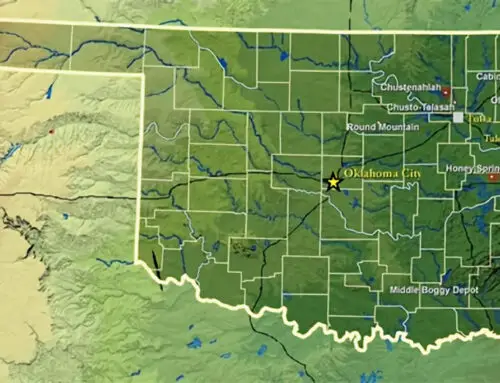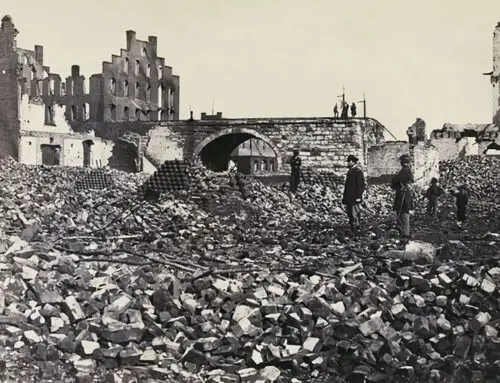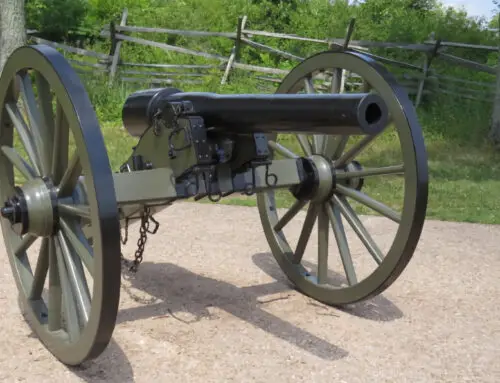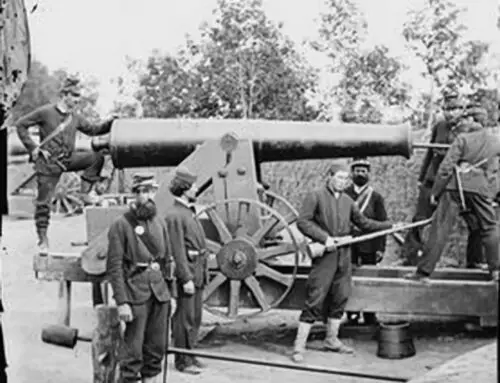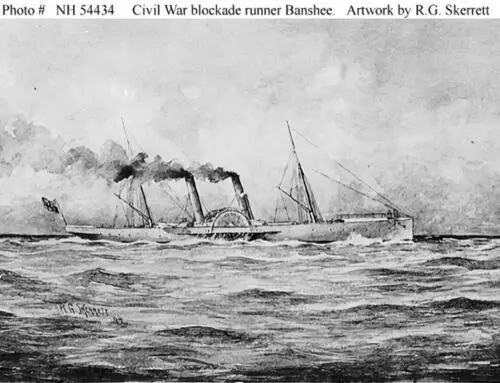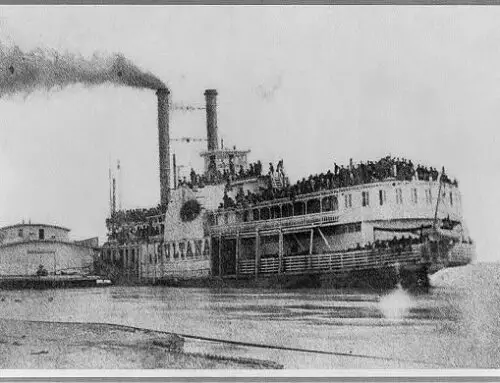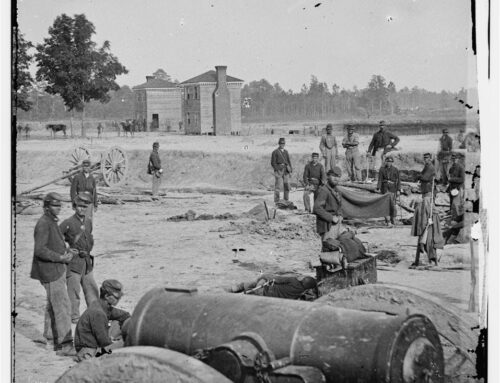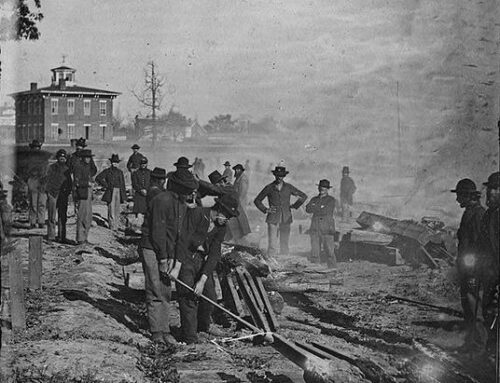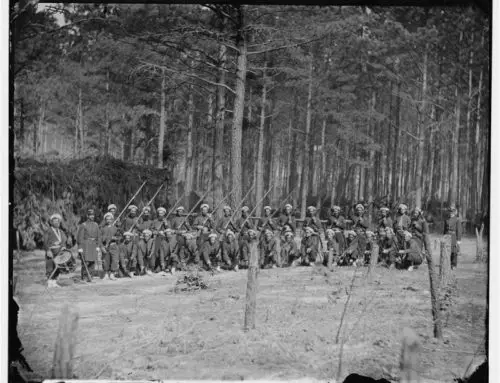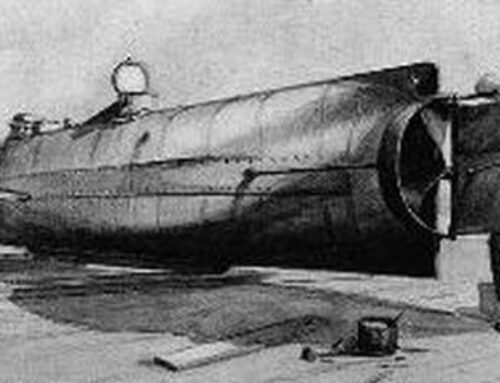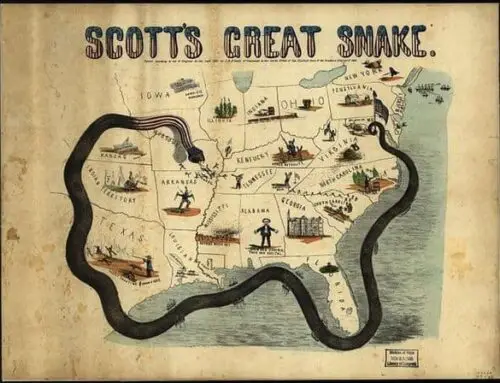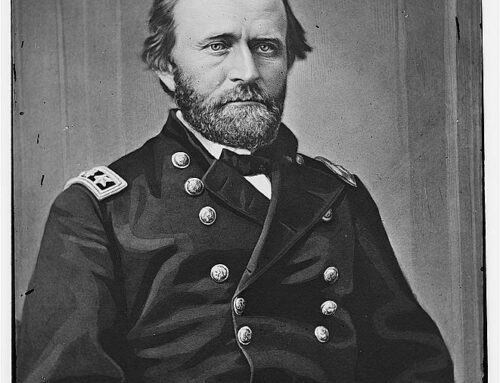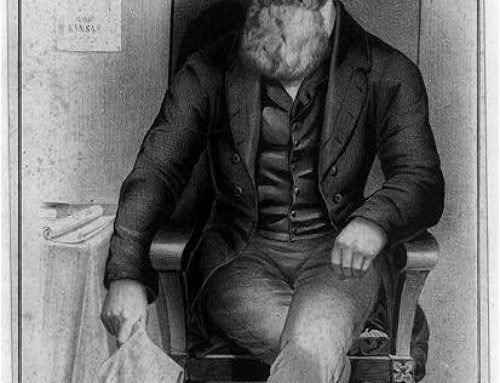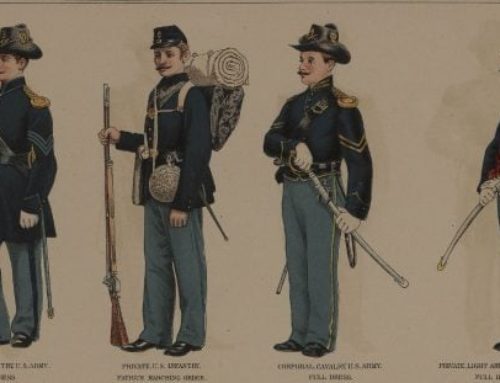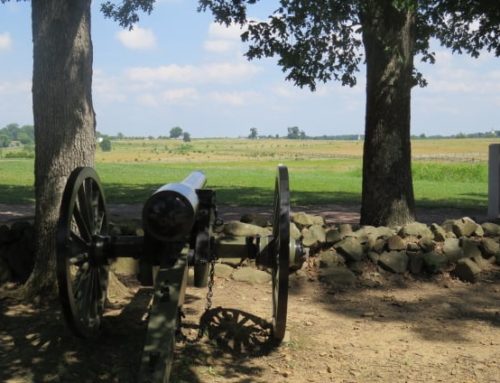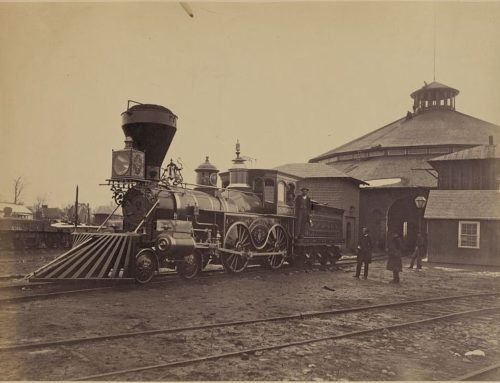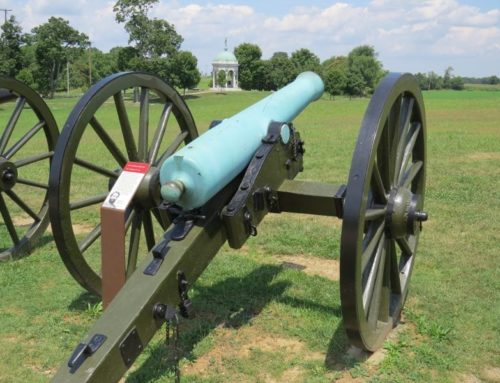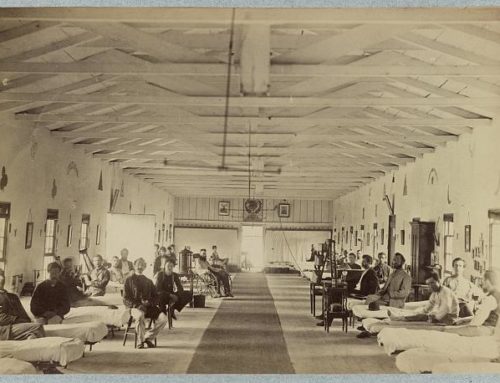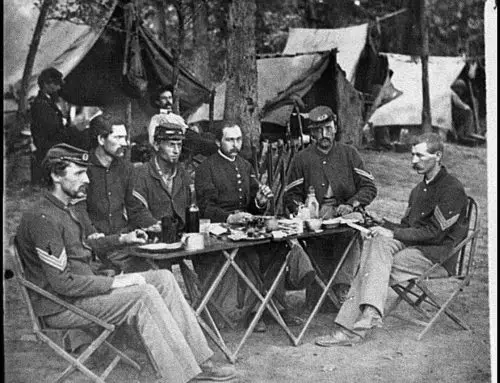(1811-1872)
Horace Greeley was the voice of the media outlets in the North. The differences of the North and South were as great as the ocean is wide and with this man, the “word” was being broadcast throughout the Northern territory.
Horace Greeley was born in February 1811, in New Hampshire. He loved reading books, and when he was 15 years old, he was apprenticed to a printer in Vermont. In 1841, he founded the New York Tribune and quickly gained a reputation as one of the best journalists in New York City.
His paper reached over 1 million readers, giving Greeley the ability to influence public opinion throughout the nation. And he did so, expressing his opposition to slavery and the war with Mexico. Opposing Lincoln and many topics, the founder of the New York Tribune had the capabilities of the power of printed word.
An active and ardent abolitionist, Greeley would leave his mark on the Civil War with fountain pen and a word press. These were not the days of telephones and computers. These were the days of fear, confusion and pseudo-anarchistic theories.
The war had inspired, even the non violent, to a call to arms. Greeley utilized his ownership of a major newspaper to broadcast and highlight his abolitionist-ranting. This obviously put him in the precarious position of being heard, loudly and defiantly. The South undoubtedly considered Greeley an ally and created a vise in which Greeley would have to make a choice.
Stay in the North and keep writing on his Pro-Southern ideas or relocate to the South and start over. The mind and heart of an abolitionist is a complex one at that.
Supporting and even going so far as actual lobbying for the 13th and 14th Amendments, he believed that the new President, Andrew Johnson, was not hard enough on the Confederacy post-war. He felt that the Southerners deserved and even warranted a stiffer penalty for losing a war they actually initiated.
After the Union claimed victory in the Civil War, Greeley received an enormous amount of social criticism when he contributed to the “bail-out” of disposed Confederate President Jefferson Davis.
Horace Greeley decided to change direction and run for office in 1872. The only problem with that was the incumbent, the great and well-loved Ulysses S. Grant. Fresh off his victory in the Civil War and no longer drinking, as much, the revered general Grant would have won against Lincoln.
Greeley certainly understood this as an intellectual man yet still put his name in the political hat. He lost pathetically to Grant receiving none of the electoral votes of the election.
The abolitionist passed away a few months after the election of President Grant and was laid to rest at Green-Wood Cemetery in Brooklyn, New York. Horace Greeley may not have been a gallant soldier in the Civil War and probably never even desired to hold a gun. What Greeley did was to deliver his message of abolition to the Union, then the unified country and possibly, the world. Times were changing.
The age of mass media was upon the country and Greeley certainly can be considered a pioneer in the communication movement.



